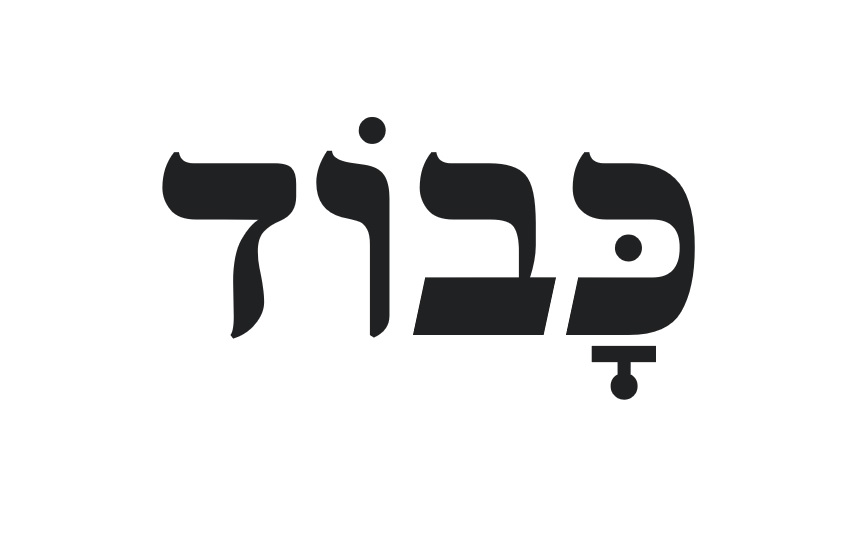
A few years ago I noticed something at the synagogue. I’m sure this isn’t specific to my synagogue but can be seen in others as well. It died down during Corona, but seems to be making a comeback.
At certain times on Shabbat the Tora cabinet is opened. A man is chosen for this. He goes to the front, opens the curtain and closes it when it’s time again. So far so good. And then something very interesting happens. On the way to his seat, the other men shake his hand. The same thing happens after the call to the Tora and at many other moments. The whole thing is often accompanied by a “Sh’koyach” – Yiddish for praise. Well done, so to speak.
When this happens after the call to the Tora, I can somehow understand. After all, one had the honour of having been called to the Tora and say blessings. Even if it doesn’t seem like a particularly great act to me.
But opening and closing a curtain? It’s really not a great achievement. Nevertheless, this person receives honour. And honour seems to be something particularly important.
There is debate as to which section of the the weekly reading from the Tora is given the greatest honour. The most important thing is that you are called at all. But what do I know?!
The importance of honour, Kavod, weighs so heavily. Careful attention is paid to who is mentioned first, who is given which task, who Chatan Tora or Chatan Bereshit is. And afterwards you can get really angry about it.
I totally agree that a person who advocates and does many things for the synagogue or the community or has studied to receive a title or otherwise excels, deserves recognition, honour, Kavod. But I often feel the reason for this has fallen by the wayside.
Judaism, which I have come to know and love, thrives on everyone making a contribution. But expecting to receive Kavod in return is wrong.
Maybe my point of view is a bit different. As a woman, I can do as much for the synagogue as I want and have the strength to do. I’m never accorded the honour, great or small, as is the case with men.
Do I need this? Do I need to be called to the section with Ten Commandments? No! If I needed that, I would look for another project or another synagogue. The same goes for most other women.
Why is the desire for Kavod so much more distinct in men than in women? Do we simply settle for less or see how ridiculous this quest for Kavod often is?
Am I the only one who wouldn’t think of praise someone because he or she opened and closed a curtain?
It’s also exciting how people react when a man resigns from his Kavod and hands the honour over to someone else. Or does not receive the Kavod he thinks he deserves. As the emotions run high, the frustration gets huge. And I sit there, shake my head and can only sit as an observer in Esrat Nashim, the women’s section, and think: “Be glad that you’re allowed to do anything at all.”
The obsession with Kavod is so bizarre that it’s often simply ridiculous. And at the same time it is so widespread that it is hardly noticeable.
Maybe it would be better to practice a little more modesty. Zniut, modesty, is a principle which applies to all genders. Even if it is often forgotten.
But that’s a whole other blog post.